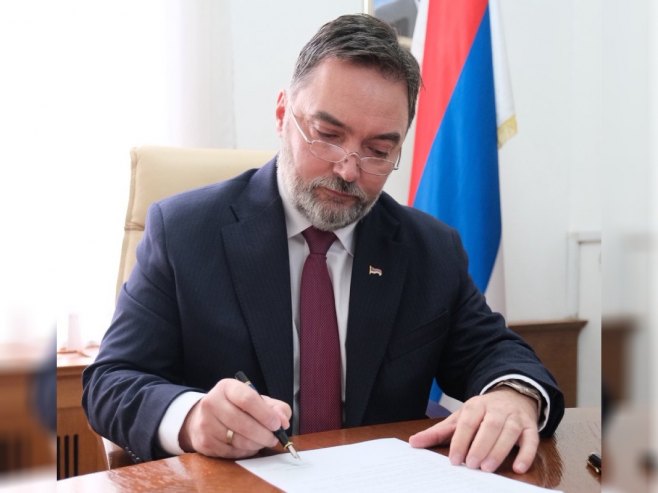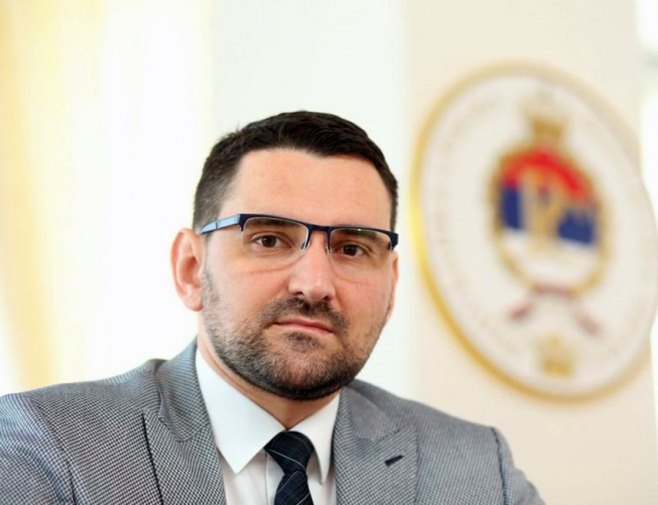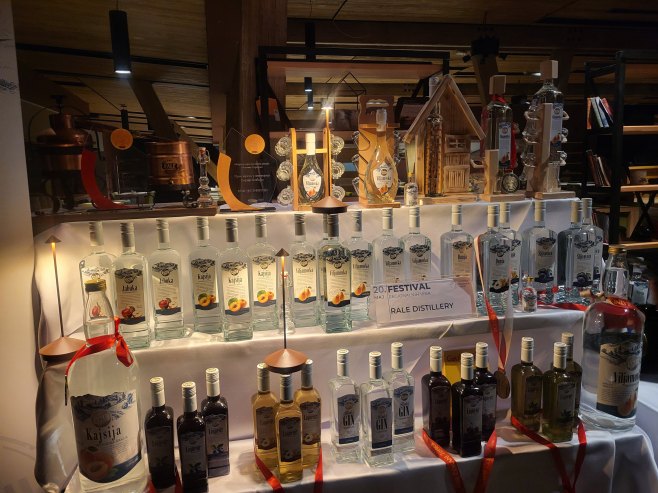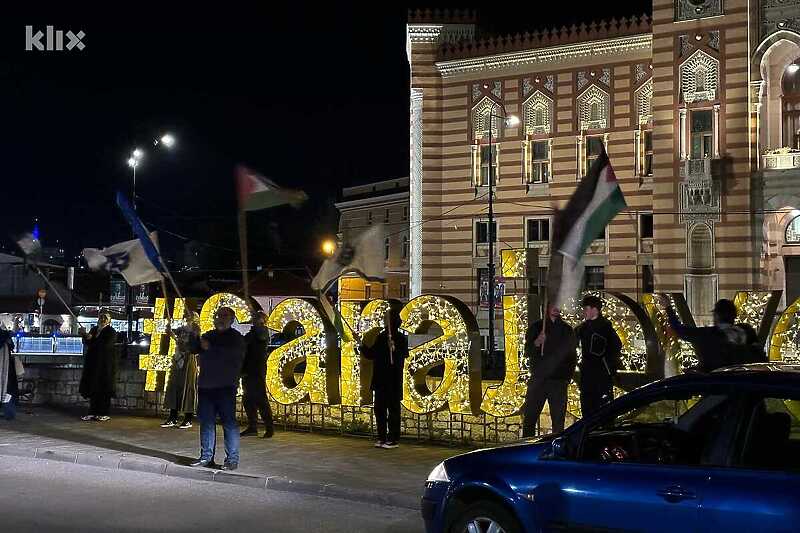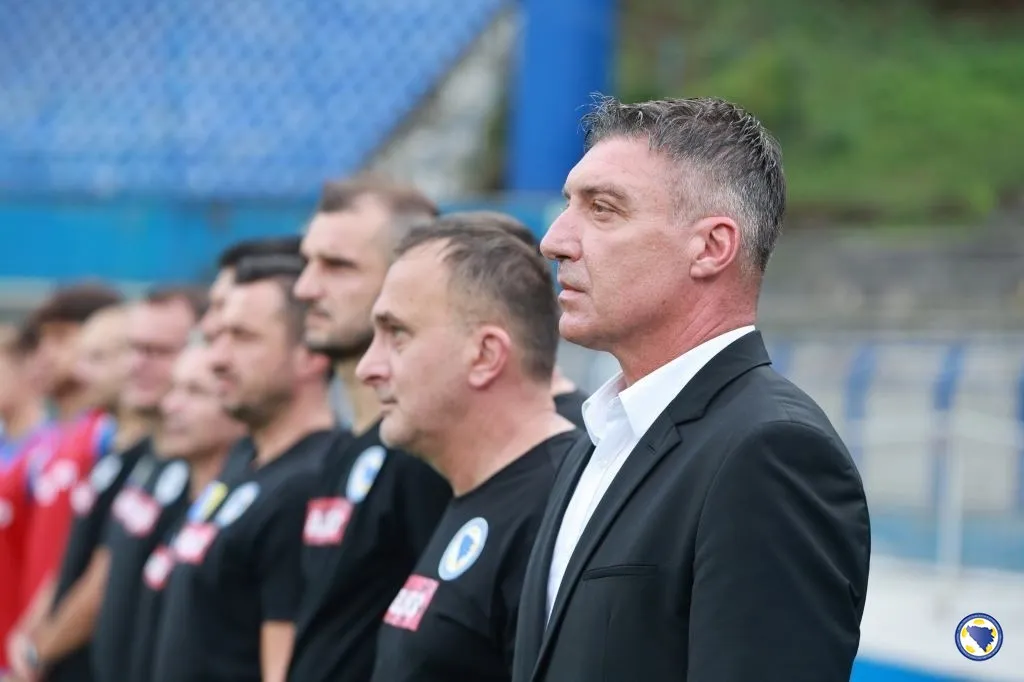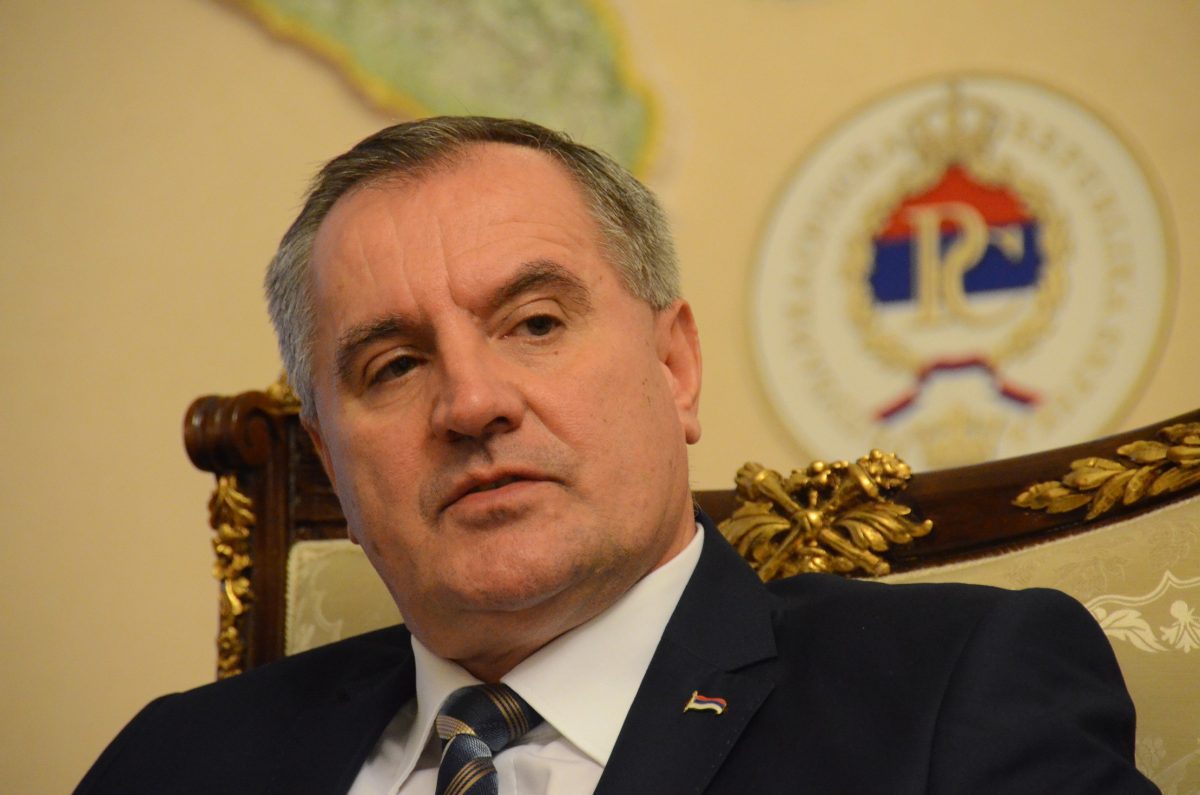Although Bosnia and Herzegovina received the green light to open accession negotiations with the European Union over a year ago, no concrete steps have been taken since—and it’s still unclear when they might begin. In an interview with Glas Srpske, Minister for European Integration and International Cooperation of Republika Srpska, Zlatan Klokić, said that the real work begins once a start date for negotiations is set.
“From the moment negotiations begin, it typically takes 8 to 12 years for a country to become a member of the EU,” Klokić said.
In addition to European integration, Klokić discussed the expansion of Republika Srpska’s foreign representative offices and his recent visit to the United Arab Emirates. He announced that companies from Dubai are expected to visit Republika Srpska in the fall, which will be a valuable opportunity for local businesses to establish cooperation. He also noted that a visit from a sheikh, a member of the ruling family of Dubai, is possible.
The European Council gave the green light for BiH to begin negotiations in March 2024, and since then, Klokić stated, certain institutional progress has been made—such as the adoption of laws on anti-money laundering and conflict of interest, and the signing of a cooperation agreement with Frontex. However, he emphasized that these steps are insufficient.
“The European Commission’s reports acknowledge limited progress but also highlight unresolved issues that dominate BiH’s political landscape—such as legal proceedings against officials from Republika Srpska—which have significantly stalled the process,” Klokić said.
He stressed that Republika Srpska consistently participates in EU-related processes and aligns its institutions with integration requirements.
“It wouldn’t be fair to place all the blame on BiH authorities, especially when we hear ongoing debates about whether Montenegro or Albania will enter the EU first. Some countries are favored, others ignored, and some are blamed by default. The EU lacks a uniform approach to integration, not just with the Western Balkans but also with countries like Moldova and Ukraine,” Klokić noted.
He added that all candidate countries are required to appoint a chief negotiator, but this step alone is not enough without establishing a full negotiating structure and framework.
“We currently have working groups within the EU coordination system, which—with some adjustments—will take on the roles of negotiation teams. The position of Republika Srpska has always been that the chief negotiator must come from Srpska,” Klokić said.
He also commented on the broader challenges facing the EU over the past 15 years, from economic crises to the current migration situation.
“Many EU countries are reevaluating the Schengen Area due to rising migration pressures. The fundamental principles the EU was built on are seriously shaken. If the EU wants to preserve its core idea, it must take the Western Balkans seriously and move them toward full membership. Whether or not a country joins the EU is more a matter of political will, as we saw with Bulgaria and Romania,” he added.
On the topic of expanding foreign representation, Klokić noted that while some Republika Srpska offices abroad are functioning well, others have room for improvement. A new office in France is in the registration phase and is expected to begin operating by late 2025 or early 2026. Preparations are also underway for opening an office in China.
Regarding his recent participation in an international business forum in Dubai, organized by the company Al Matiya—which has a memorandum of cooperation with the Government of Republika Srpska—Klokić announced that a business delegation from Dubai is expected to visit Srpska by the end of October or early November.
“We will organize a forum with local companies that could collaborate with firms from Dubai. It will also be an opportunity to present development projects to Emirati investors, particularly in agriculture, the food industry, and energy,” Klokić said.
He also attended the traditional Vidovdan gathering of Serbs from the diaspora on Zlatibor, organized by the Serbian Government’s Ministry for the Diaspora.
“The focus was placed on the upcoming EXPO 2027 event. Our representatives from Germany and Austria were present, along with cultural and artistic associations. We discussed preserving national identity—language, script, tradition, and culture—as well as strengthening cooperation between the diaspora and our institutions. Republika Srpska is also currently drafting a new strategic document for cooperation with the diaspora, as the current one expires this year,” Klokić concluded.
Source: RTRS
